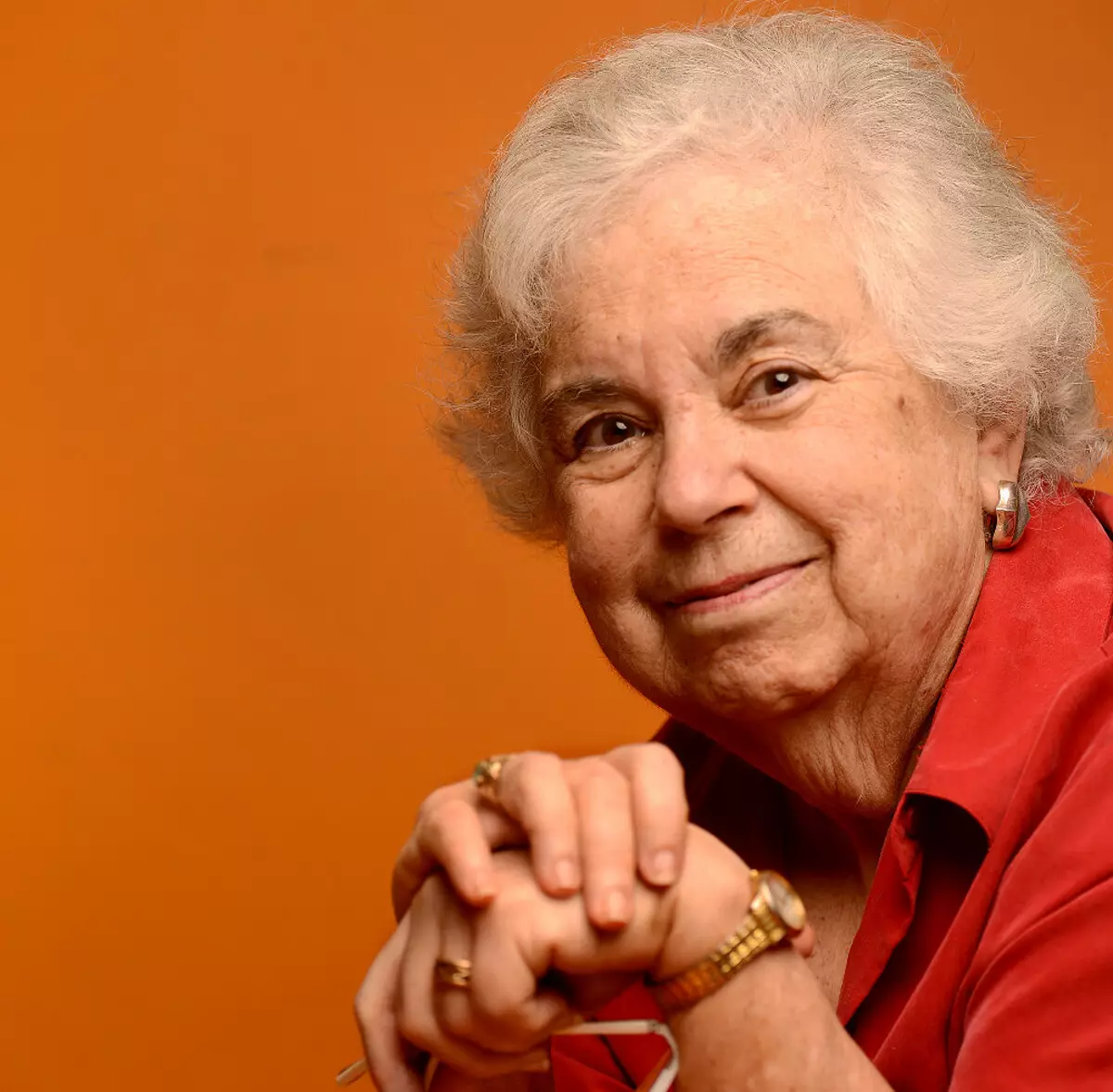
In 1961, 22-year-old Phyllis Richman was looking for a job. She claimed a place in the Department of Urban and Regional Planning Harvard University, but instead of "yes" or "no" received from the assistant Professor William Döbel, the task to prove that the teachers were not in vain spent time on her training.
"Our experience, even with brilliant female students, showed that married women are difficult to make a decent career in planning, and therefore they feel that the time and effort that has been gaining vocational education has been invested. (This, of course, concerns almost all directions of higher education).
Thus, for the sake of your own good, and to help us come to the final decision, you could not write to us one or two pages, as soon as it is convenient for you, clearly answering how you intend to combine professional life in urban planning with your duties Before your spouse and a possible future family? "
Richman decided not to spend time to prove that she deserves the right to combine marriage and work. Only 52 years later, in 2013, becoming a famous writer (she laureate award "Agatha Christie") and a restaurant critic, Ms. Richman, finally, composed an essay for Debel. And we transferred it to you, because we think that this is a very instructive story.
"I apologize that I did not answer your letter from June 1961 for so long. As you predicted, I was very busy. I recently disassembled in the drawer with papers, stumbled upon your message and realized that although we later discussed it at the meeting, I never answered you in writing.
Your letter in 1961 knocked me out of the rut, but did not hit the way. Although the women of my time often sought significant career successes, many of them happened to overcome obstacles on their way. Until your letter, I did not occur to me that my marriage could interfere with the fact that I would take me at Harvard or spoil my career growth. I was so discouraged by your answer that I could not finish my answer. And I was too depressed to argue with you when we met personally.
At that time I did not know how to start writing an essay that you demanded. But now, after two marriages, with three children and a successful writing career, I can, as you put "clearly reply" in doubt that you are noted in the letter.

I did not meet a single woman, which "would feel that the time and efforts who had gone to her vocational education were wasted." I never regretted anyone about one course. In general, I spent on a higher school near a dozen years, albeit with the breaks, because my "duties before the spouse", as you noted with understanding, included the financial support of the husband, while he himself ended the graduate school - and it was a 10-year-old project.
It can strengthen your faith in what the marriage and family detained my professional growth, but I think if I was allowed in Harvard, my career would be equal to her husband's career. Although I eventually led a versatile and well-paid professional life, your letter shows how much Harvard, not to mention my husband, about our families and even how much I myself didn't have my career, which she deserved when I just started own way.
As you predicted, the "possible future family" became a reality five years after I married Alvin. When my first child was born, I took a break in work to do it. Also received and your first wife, when we first talked to you in 1961. Perhaps you do not remember, but she was an example you used to explain why wives are in vainly education. The problem, I suspect, was limited to your temporary framework. Google tells me that your wife received two Master's diplomas and the degree of Doctor. It has an impressive resume, including research, conference planning and social activity. Do you still think that her education was a waste of time?
In 1970, we moved to Washington, and I continued to work on my master's diploma. But I had to postpone him, because my scientific work came across an irresistible obstacle. Taking care of children, I practiced in multitasque. When I had one child, I could tie him to myself and take with me on business trips. I managed to cope with two: I just studied the attitude of the doctors to breastfeeding, and could write, looking after the children on the playground. With three children, I tried to explore the perception of children of the race, but they crushed me. I needed a nanny, but nannies seemed a luxury, as I almost did not make money. Then I furnished the attic in our house, built the kitchen in the basement and offered free accommodation to college students in exchange for a care for children.
The work of the Freelancer writer, as I found out, is great for the cultivation of children. I could write anywhere - in the park, while the children caught frogs and lizards, or at home, late at night, while they slept. If I focused on the topics such as the comparative reviews of ice cream or home testing of microwave ovens, I could entertain and feed the children, at the same time collecting material.

Fortunately, when you work the writer, the floor is much less than any other work. Freelancers are predominantly assessed by what they see on pages than anything else. But even when my career began to gain momentum, the clashes with sexism did not stop. Two of my children enrolled in adolescence to a private school. Soon I received a task to spend two weeks, studying restaurants in China. A rare chance for 1980. My husband decided to go with me. We were called to school with him and strictly read me, for leaving our children. Although I found three college students to work with Babi Sitters. In addition, students were ready to replace my parents and brothers with sisters. But the school insisted that I cancel the trip. No one said a word that my husband is also going on a journey.
We both went to China. Our children coped. As a result, they achieved everything that I could hope - as professionals, citizens, parents. They rejoiced my successes and, probably, now, when I retired, you miss them more than me. My time is occupied by a chronic disease, a new role of writer and a civil activist, a new (and enlightened) husband and a new generation of grandchildren. "
***
Richman has completed his letter to Döbel to sign a petition in support of the architect Denza Scott Brown. What she did not mention, so this is that despite all the obstacles, she defended her thesis and worked in the Commission on the Urban Planning Commission of Philadelphia.
Source: The Washington PostTranslation: Ponomareva Elizabeth
Photo on the announcement - WashingtonPost.com
